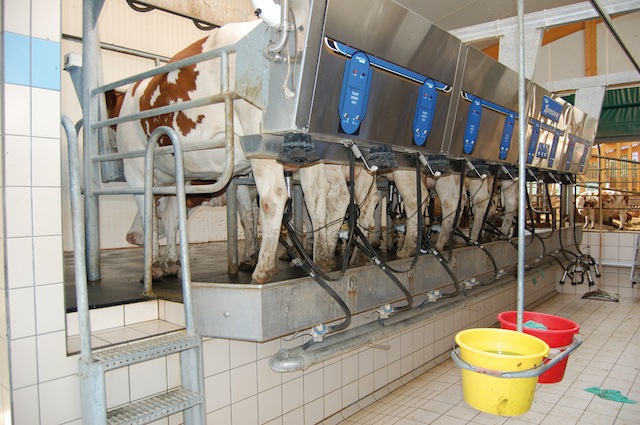Yesterday we looked at the PwC report on the value of science and engineering education to the economy.
The survey wasn’t good news for the workforce with the survey predicting over two in five workers’ jobs were at risk as digital technologies changed industry.
Notable in the list were the industries PwC believed to be safe over the next twenty years; largely being the medical, health and ‘people’ businesses like public relations.

While the industries themselves might be safe, specific jobs in those sectors may not be so with roles ranging from hospital porters being replaced by robots to surgeons carrying out remote operations.
Looking at the list of relatively unaffected industries, it’s hard not to see how digital technologies aren’t going to disrupt those occupations.
Redefining public relations
PR for instance is undergoing a radical change as the media industry is being totally disrupted requiring today’s public relations professionals to have a very different set of skills to those of twenty years ago.
Those skills include a much more adept use of technology itself and having to deal with a faster, more fragmented industry.
Public relations professionals brought up in the days of boozy lunches and far off deadlines struggle in a time of bloggers, social media and data journalism.
Evolving medicine
Similarly medical practitioners, the top position on the list, have seen their jobs dramatically transformed over the past twenty years by computers and those changes are far from over as medical equipment gets smarter, personal fitness devices become pervasive and the amount of data being collected on patients grows.
Across the medical industry the roles of almost every occupation is being redefined as technology changes the tools they have, along with the nature of ailments their patients present with.
Big Data and analytics
Some professions will grow but automation in those fields will grow exponentially faster, a good example being the fifth role on the list – database administrators and ICT security professionals.
Ensuring the reliability and security of servers and networks is going to become even more essential as the economy increasingly depends upon these systems however security and IT professionals are going to rely on algorithms and Big Data to manage the massive task they have – these are the opportunities for companies like Splunk and Microsoft Dynamics.
In all of these comparatively safe industries the jobs of tomorrow are going to need different skill sets to what they require today.
For workers in these ‘safe industries’ this means further education, training and reskilling to stay employed. Just being employed in a sector that’s expected to stay static or grow isn’t enough to keep your job.
Employers in these ‘safe industries’ also face a challenge in making sure their staff have the right skill sets to use the new technologies.
The airline analogy
If you were running an airline in 1965 it would be cold comfort to look at the explosive growth ahead for the industry in the jet airline era when all your staff are trained to keep propellor aircraft in the air.
So when we talk about digital disruption, it’s not just about industries being shut down and jobs being lost but about radically changing occupations.
It would be a brave person to assume that just because their industry is safe, their own job or business is secure.
Similar posts:






